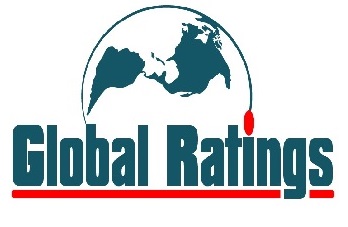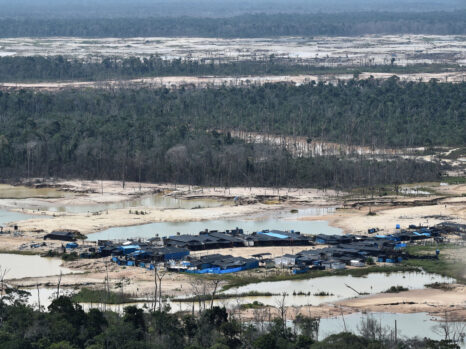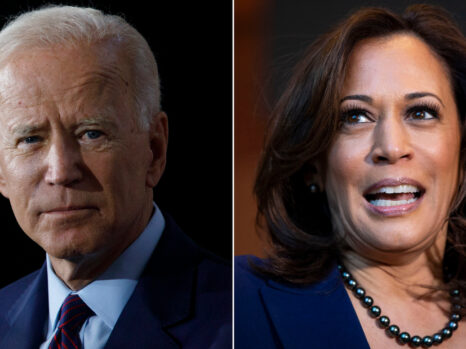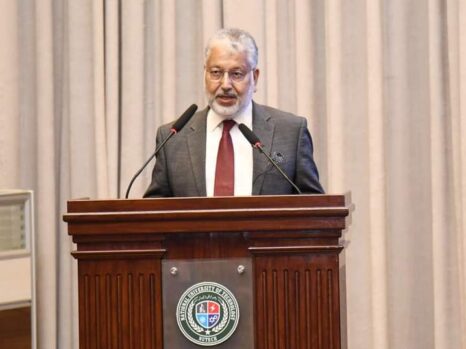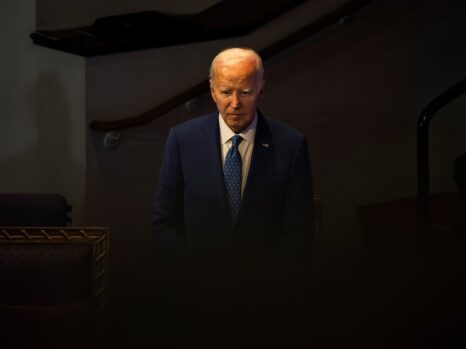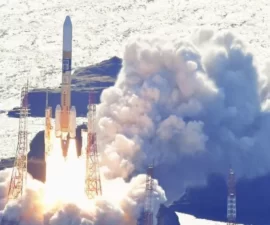- Norges Bank Investment Management in Norway has an estimated $1.6 trillion
- It cited strong technology stock, specifically AI for the 2023 record
The world’s largest sovereign wealth fund has reported a record $213 billion ( 2.22 trillion crowns) profit for 2023.
Norges Bank Investment Management (NBIM) in Norway, which has an estimated $1.6 trillion fund called the Government Pension Fund Global, made the announcement on Tuesday, citing investment in technology stocks as the key driver behind the record.
Nicolai Tangen, CEO of NBIM commented that ‘2023 ended a lot better than expected’, as the business bounced back from a record loss in 2022 of 1.64 trillion crowns.
The company reported that tech stocks amounted to half the fund’s return because of a booming AI market, stronger economic forecasts and lower interest rates.
With its most valuable company stakes in Microsoft , Apple and Nvidia and most valuable non-tech stock in Novo Nordisk, a pharmaceutical company.
It was established in the 1990s to invest the surplus revenues of the country’s oil and gas sector. So far it has put money in more than 8,500 companies in 70 countries around the world.
Norway is one of Europe main crude oil exporters, and has become Europe’s largest gas supplier since the outbreak of the Russian war.
The fund’s return on investment in 2023 stood at 16.1% for the year.
Mr Tangen forecast that inflation will remain a problem globally and he expects it to come down ‘more slowly than I think is generally expected’.
When asked at a news conference about the geopolitical issues likely to affect stocks in 2024, it said: ‘The thing is that you have geopolitical hotspots in a lot of places these days.
‘So, what are the ones that we need to look out for? Well, the tension between America and China is negative for economic growth and world trade. The fact that people are nearshoring more and moving production closer to home is an inflationary force.
‘We are seeing the effect of the geopolitical tensions in the Middle East through longer trading routes [and] higher freight costs. So, that’s negative. And, of course, the most scary geopolitical situations are the ones that you don’t know about, that haven’t happened yet.’
Tangen also said that the risk of the war in Gaza expanding into a regional conflict was something they were looking at, and the likelihood that a wider war would have on higher energy prices.
Separately, the fund’s deputy CEO said on Tuesday the crisis at Chinese property giant China Evergrande Group had long been expected. The fund itself had divested from China Evergrande as far back as 2021, fund data showed.
